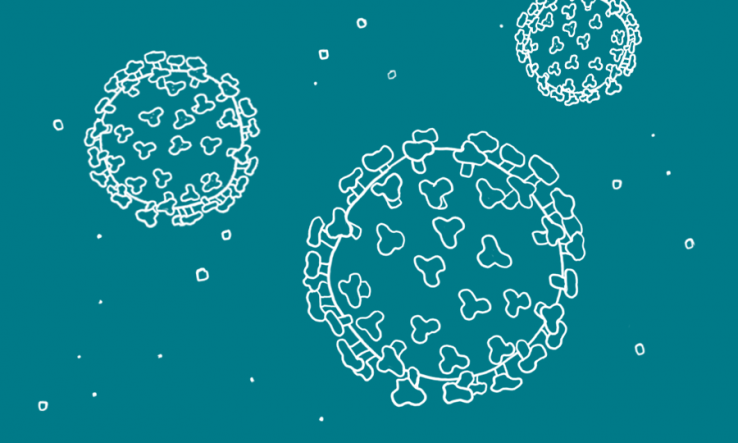
Misinformation and “naive assumptions” on vaccine immunity risk repeated outbreaks, warns team of top advisers
Some of the world’s most eminent figures in science policy have warned that a poorly informed public reluctant to take vaccines, alongside nationalistic approaches to vaccine delivery, may severely undermine global recovery from the Covid-19 pandemic.
In an article published in medical journal The Lancet, scientists—including chief executive of the International Science Council Heide Hackmann, and EU Covid-19 adviser and director of the London School of Hygiene and Tropical Medicine Peter Piot—cautioned against assuming that recent scientific progress on diagnostics and treatment would end the pandemic.
“Vaccine hesitancy, misinformation, and disinformation could compromise the global Covid-19 response,” said the team, who between them have advised governments around the world and shaped policy on research issues for years.
The researchers—who also include New Zealand’s former chief science adviser Peter Gluckman, South African epidemiologist and adviser Salim Abdool Karim and German medical ethicist Christiane Woopen—warn that “naive assumptions about herd immunity, given the appearance of new and challenging [coronavirus] variants could seriously risk repeated outbreaks and recurrences”.
Scenario planning
In their 16 February paper, the team says the most optimistic scenario sees researchers develop vaccines effective against all variants of the virus and countries coordinate to effectively control it. But that control would still take a long time to achieve.
At the other extreme, the virus mutates quickly and only high-income countries can vaccinate their citizens “while the rest of the world struggles with repeated waves and vaccines”. This would likely lead to repeated outbreaks even in high-income nations.
Hackmann and her colleagues want coordination to ensure that all countries get the vaccine. They call the Covax facility—an international effort to secure equitable global access to Covid-19 vaccines—“just an initial step towards addressing vaccine equity and global coordination”.
Decisions by governments and global agencies would “greatly affect the journey ahead”, they note.
Countries acting purely in their own interests could face dire consequences.
“A nationalistic rather than global approach to vaccine delivery is not only morally wrong but will also delay any return to a level of ‘normality’…because no country can be safe until all countries are safe,” they said.